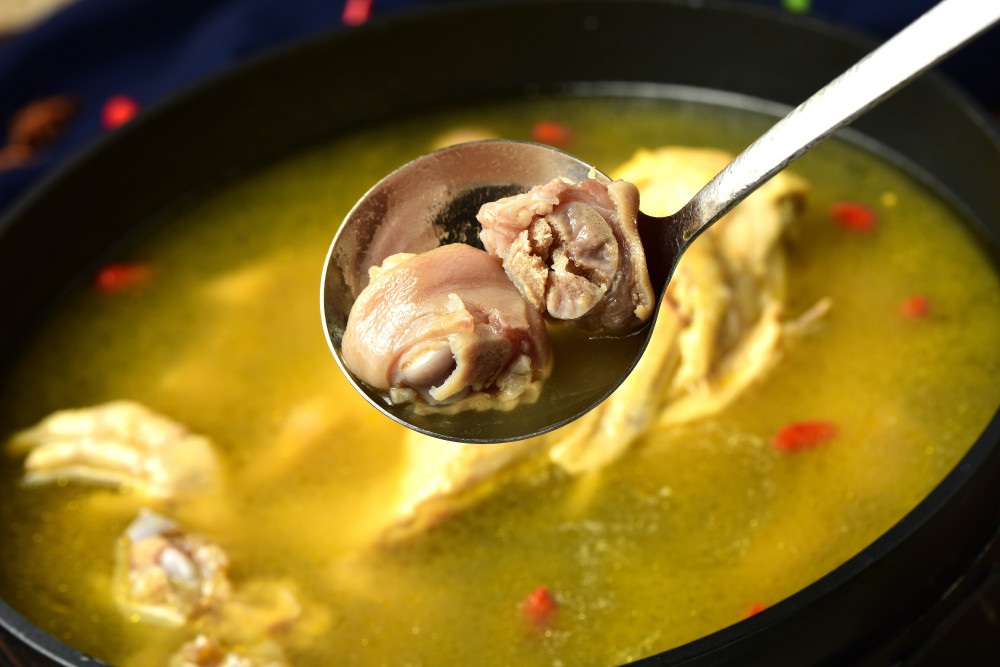
When it comes to illness, The first thing most people think of is [cold]. The common cold is the most common disease in life. Adults have to catch a cold 2-6 times a year on average. Here is [common cold], is different from [influenza] (fluenza), common cold with nasal obstruction, nasal mucus, sneezing, pharyngeal discomfort and other upper respiratory symptoms, while influenza more bring the whole body soreness and fever, infectious very strong. The following [cold] refers to the common cold.
Many people have summed up their own experience in the fight against colds, but are these methods really correct?
Do I need antibiotics to catch a cold?
Colds are caused by a variety of viruses, and antibiotics (so-called “anti-inflammatory drugs” in the folk) can only fight bacteria and cannot inhibit viruses.
Many years ago, Doctors believe that colds caused by viruses often develop complications mainly caused by bacterial infections. Such as bacterial sinusitis, so it is believed that the application of antibiotics to cold patients can combat these complications. Later studies showed that the indiscriminate application of antibiotics to cold patients is not beneficial to the disease and cannot prevent bacterial infection. In doing so, it is an abuse of antibiotics, and its evil consequence is the birth of strong bacteria resistant to antibiotics.
Therefore, antibiotics should not be used for the common cold.
In terms of antivirus, there is currently no antiviral drug specifically aimed at cold viruses. All kinds of traditional antiviral drugs have no effect and have great side effects, so they should not be used.
Cold medicine can’t cure the disease, so you don’t need to take it?
At present, there is also an overcorrected view among the people that colds are caused by viruses and are self-limited (usually they will recover on their own in about 5-7 days), so there is no need to take cold medicine at all.
This is too absolute.
Cold is a problem because it can cause uncomfortable symptoms that affect work, study and rest. In the United States, it causes 2.5 billion days of work delays every year. Even if it is only a palliative of symptoms, it is helpful!
Cold medicine mainly has antipyretic analgesia, vasoconstriction, antihistamine, antitussive and other major types of drugs, Most of the pharmacies are common compound preparations of several drugs, such as Tylenol, Contec, Baijiahei, etc. These drugs can significantly relieve nasal congestion, runny nose, sneezing, cough and other cold symptoms, and the side effects are very small. Symptoms are relieved, work and study are not affected by colds, obviously the advantages outweigh the disadvantages, why not eat?
Of course, there are a few cold medicines that may bring side effects of drowsiness and sedation. Use them with caution before driving. Please read the instructions carefully.

Does covering the quilt work against colds?
To be clear, one should not [cover one’s sweat].
[Cover the quilt after sweating good fast] is actually an illusion. Don’t cover the quilt can be good, there is no obvious difference in time. And cover the quilt hinder the body heat dissipation, but harm to health. Fever cover the quilt after a large amount of sweat is not cover the quilt credit, sweat is only a natural result after the body temperature regulation returns to normal.
In addition, adults’ common cold seldom causes fever, and even if it does, it is a short-term low fever. If there is a high fever, then it is probably not a simple common cold, but flu or other conditions. It is not as simple as covering the quilt or not. More active treatment is needed and medical treatment is required when necessary.
Can vitamin C prevent and treat colds?
Many people in Europe and the United States believe that vitamin C can prevent and treat colds. For this reason, researchers have also done many related tests. In 2013, a study comprehensively analyzed previous tests and found that people who took more vitamin C regularly every day recovered slightly faster from colds, but in fact they shortened them by 8%.
However, vitamin C does not help at all to prevent colds, nor does taking vitamin C after catching colds have any effect. Researchers also warned that the current research is not of high quality and has limited credibility.
Let’s just believe that the results of these studies are reliable, then taking vitamin C every day improves our resistance a little bit, but it just shortens the cold time and requires taking vitamin C tablets every day.
Anyway, I am too troublesome.
Can’t you eat chicken with a cold? Should I drink chicken soup?
The most common view among Chinese people is that chickens are [hair], so you can’t eat chickens when you catch a cold. For this reason, I asked people in different regions and all said that there was such a view.
However, it is strange that the American folk saying is completely opposite-Americans believe that it is better to drink chicken soup when you catch a cold. As for the chicken inside, of course, if you eat it together, you may even throw it away.
As a result, some people did experiments and found that chicken soup [may really work].
A 2000 study found that chicken soup has certain anti-inflammatory effects on cold patients, which may explain why it is more comfortable to drink chicken soup after catching a cold.
Of course, this is only an experiment, and it is far from time to draw a conclusion. Whether eating chicken for a cold is good or bad, the effect may not be so obvious. Otherwise, China and the West should not have completely opposite views on this matter.

Can adult experience be applied to children’s colds?
Children’s immune system is not perfect, colds are much more frequent than adults, the course of the disease is also longer, and it is easy to have fever or even high fever, and it is also easier to develop sinusitis, otitis media, bronchitis, pneumonia, etc. Infants and young children’s colds often have inconspicuous nasopharyngeal symptoms, fever, dysphoria, anorexia are more obvious and more easily confused.
In addition, the early manifestations of many childhood infectious diseases are indistinguishable from colds, such as hand-foot-mouth disease, measles, epidemic cerebrospinal meningitis, etc.
It is a sad thing to see some parents of bears practicing carelessly on sick children. Children are not reduced versions of adults, and their physiological differences are quite large from adults. Such things as covering sweat are not recommended by adults, but are absolutely forbidden to children, which may cause febrile convulsions and even affect growth and development.
Although the common cold is called [common cold], it is not common and easy to cure, but it cannot be prevented.
Washing hands frequently, exercising more and enhancing immunity are the key to prevention. It is always the right choice to pay more attention to the colds of children and the elderly with basic diseases and seek medical treatment in time.
What do you do when you/your child has a cold?
Don’t take any medicine, just carry it.
After drying this bowl of ginger soup, I sweated all over.
The child has caught a cold, will you choose to give him medicine?
What would you do if you didn’t take drugs?
I caught a cold during lactation. Do you choose to take medicine or hold on?
Responsible Editor: Ding Ruoshui
